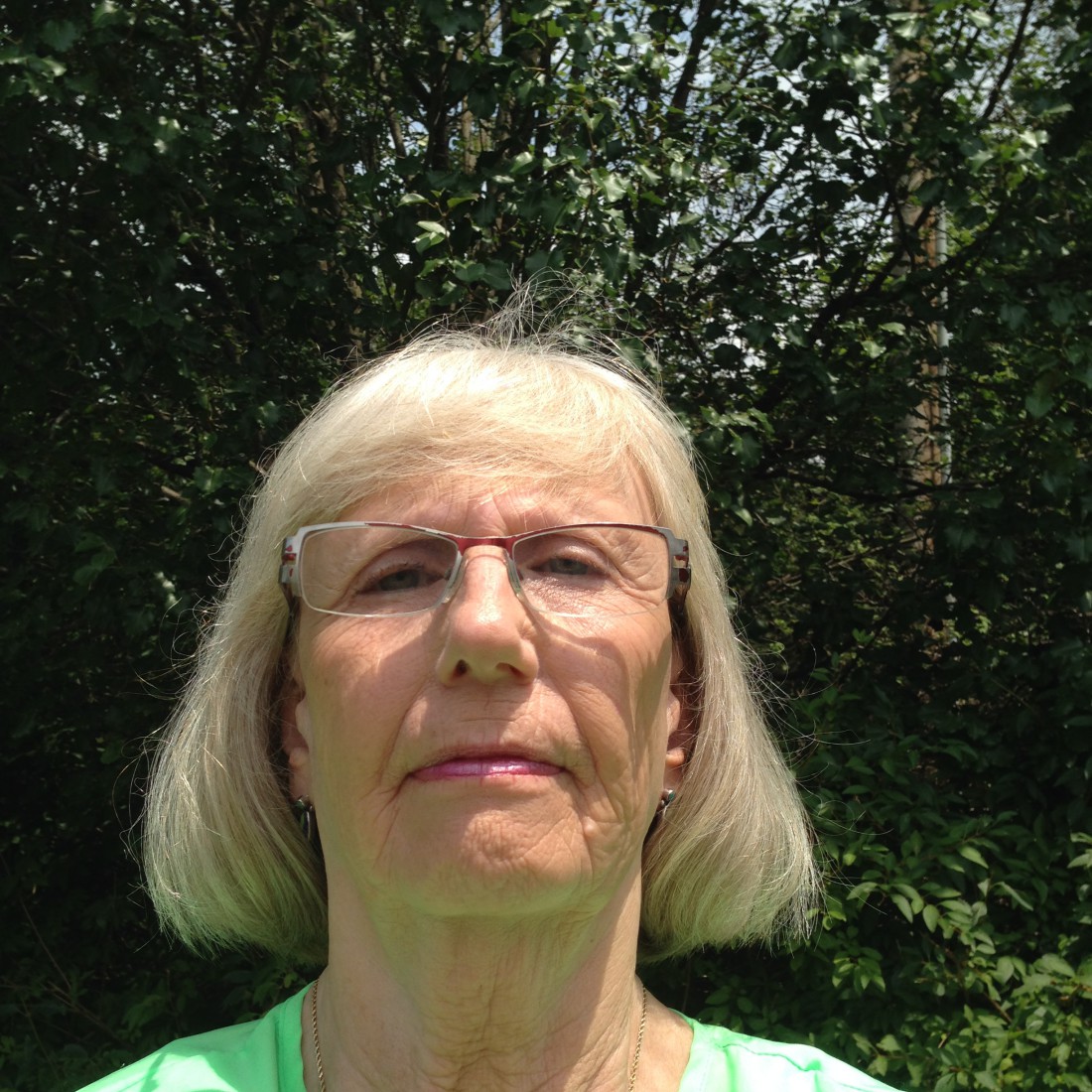Editor’s note: This essay is part of a series in which local experts were asked: “What would it take to solve the Asheville area’s affordable housing problem?”
As a member of Asheville’s Affordable Housing Advisory Committee, I have a lot of respect for all who serve and have served on this body. We’re a diverse group of City Council appointees: contractors, bankers, developers, business leaders, small-business owners, and people representing Pisgah Legal Services, the Housing Authority, Habitat for Humanity, neighborhoods and nonprofit groups that work with folks in need of affordable housing. We’re all committed to trying new and out-of-the-box ideas to address our affordable housing crisis.
Asheville is not alone in that regard: Many cities in North Carolina and across the United States are working on this complex issue. We’ve looked at what other cities are trying and whether those efforts were successful. We strongly encourage including a certain percentage of affordable houses or apartments in every project. We’ve looked at the Unified Development Ordinance, the allowable density in all zoning districts, and we’ve offered incentives to developers who include affordable housing in their projects.
But we also know that there are factors we have no control over. In Asheville, for example, workers need to make $12 to $14 an hour to afford a one-bedroom apartment; land is very expensive, due in part to our topography. Meanwhile, if federal funds or tax credits are used for a project, it must be on a bus line and close to a grocery store. People who work in Asheville should be able to live here if they choose.
The Bowen report commissioned by City Council found that we have insufficient supplies of both rental property and moderately priced homes for sale. Also, we now have about 1,000 short-term rentals: These take properties off the market, since an owner can make five times as much renting it that way as they could at “affordable” rents.
We shall continue to work and strive to make things better. City Council and Buncombe County are working together to solve this thorny issue, along with the residents of this community.
— Barber Melton
Vice President, Coalition of Asheville Neighborhoods
member, Affordable Housing Advisory Committee




Its simple. The crisis is one of total housing supply; not enough units. and it is caused by the UDO, with its single family zoning, unit density limits, residential height limits, setbacks, and parking requirements. Reversing the crisis will require the total defeat of all neighborhood activists.